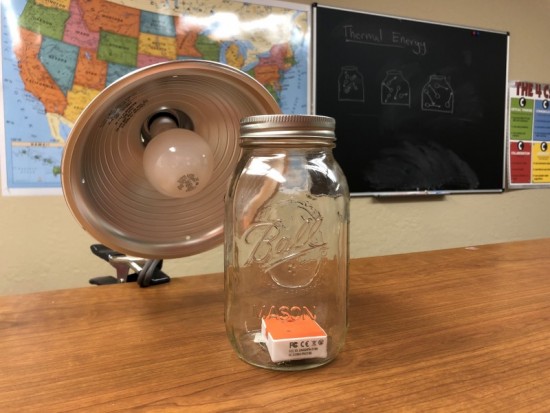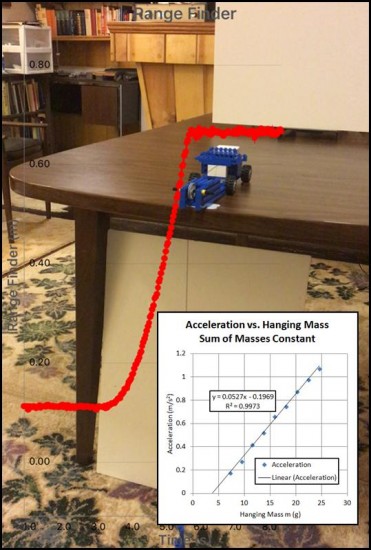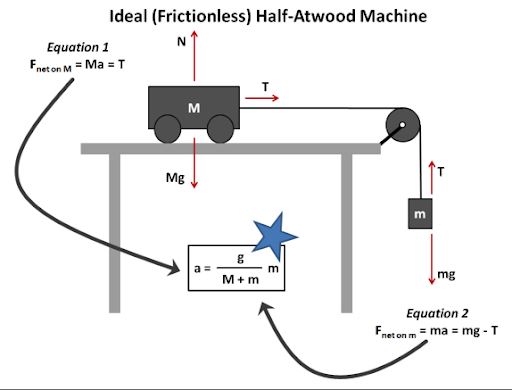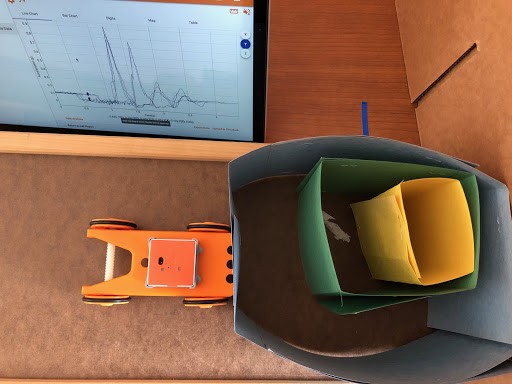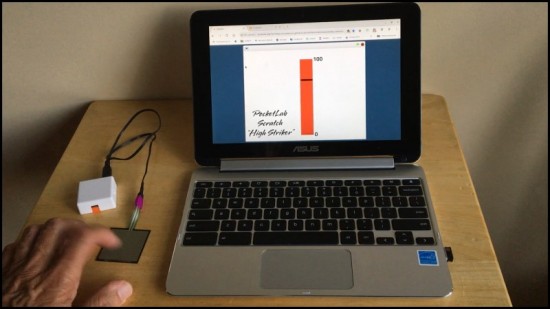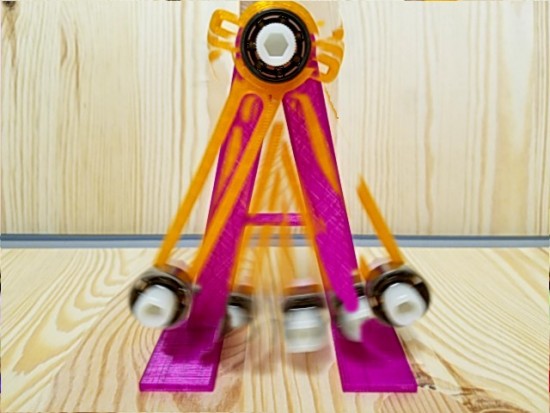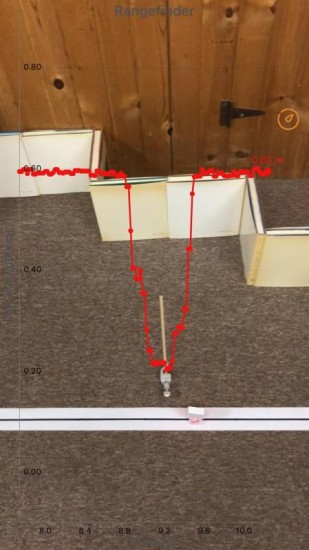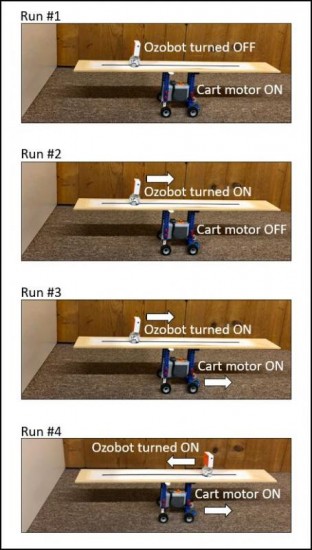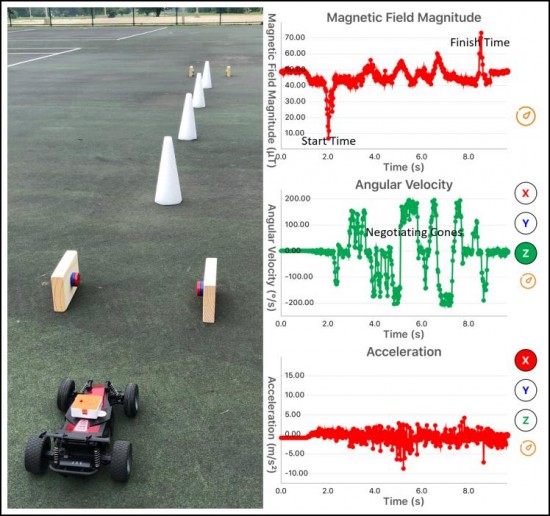Thermal Energy Particle Motion Experiment
How does adding thermal energy affect the particle motion of a gas?
NGSS Alignment: MS-PS3-4
The disciplinary core idea behind this standard is PS3.A: Definitions of Energy and PS3.B: Conservation fo Energy and Energy Transfer. In PS3 the standard specifically looks at how temperature is a measure of the average kinetic energy of the particles of matter. This leads to the conclusion that the temperature and the total energy of a system depend on the type, states, and the amounts of matter present.


